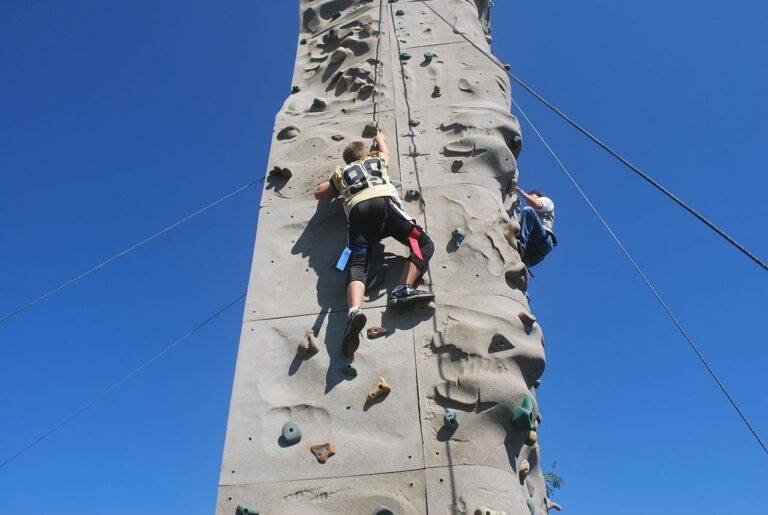The Role of Adaptive Learning Algorithms in Educational Entertainment: All panel mahadev, Lotusbhai, Allpaanel. Com login
all panel mahadev, lotusbhai, allpaanel. com login: The Role of Adaptive Learning Algorithms in Educational Entertainment
In recent years, technology has transformed the way we learn and consume information. One area where this is particularly evident is in educational entertainment, which combines education and entertainment to create engaging and informative content for learners of all ages. A key component of educational entertainment is the use of adaptive learning algorithms, which play a crucial role in tailoring content to the individual needs of each learner.
Adaptive learning algorithms use data and machine learning techniques to customize the educational experience for each user. These algorithms can analyze a learner’s strengths and weaknesses, learning preferences, and progress to deliver personalized content that is both challenging and engaging. By adapting to the needs of each learner, adaptive learning algorithms can help improve learning outcomes and retention, making educational entertainment more effective and enjoyable.
One way in which adaptive learning algorithms are used in educational entertainment is in the development of personalized learning paths. Instead of following a one-size-fits-all curriculum, learners can be guided through a series of lessons and activities that are tailored to their individual needs. This allows learners to progress at their own pace and focus on areas where they need the most support, leading to a more efficient and effective learning experience.
Another way adaptive learning algorithms are used is in the creation of dynamic content. Instead of presenting learners with static, unchanging material, adaptive learning algorithms can adjust the difficulty level of content based on the learner’s performance. This keeps learners engaged and challenged, preventing boredom and promoting deeper learning.
Furthermore, adaptive learning algorithms can provide real-time feedback to learners, helping them track their progress and identify areas for improvement. By providing immediate feedback, learners can adjust their learning strategies and focus on areas where they need to improve, leading to more effective learning outcomes.
Overall, adaptive learning algorithms play a vital role in educational entertainment by personalizing the learning experience, keeping learners engaged, and promoting deeper learning. As technology continues to advance, we can expect to see even more innovative uses of adaptive learning algorithms in educational entertainment, further enhancing the way we learn and consume information.
FAQs
1. What is adaptive learning?
Adaptive learning is a method of education that uses technology to customize the learning experience for each individual learner.
2. How do adaptive learning algorithms work?
Adaptive learning algorithms use data and machine learning techniques to analyze a learner’s strengths and weaknesses, learning preferences, and progress to deliver personalized content.
3. What are the benefits of adaptive learning algorithms in educational entertainment?
Adaptive learning algorithms can personalize the learning experience, keep learners engaged, provide real-time feedback, and promote deeper learning.
4. How can I incorporate adaptive learning algorithms into my educational entertainment content?
You can work with developers and content creators to integrate adaptive learning algorithms into your educational entertainment platform or app.
5. Are there any challenges associated with using adaptive learning algorithms in educational entertainment?
Some challenges include ensuring data privacy and security, designing algorithms that are unbiased and fair, and keeping learners engaged with personalized content.







